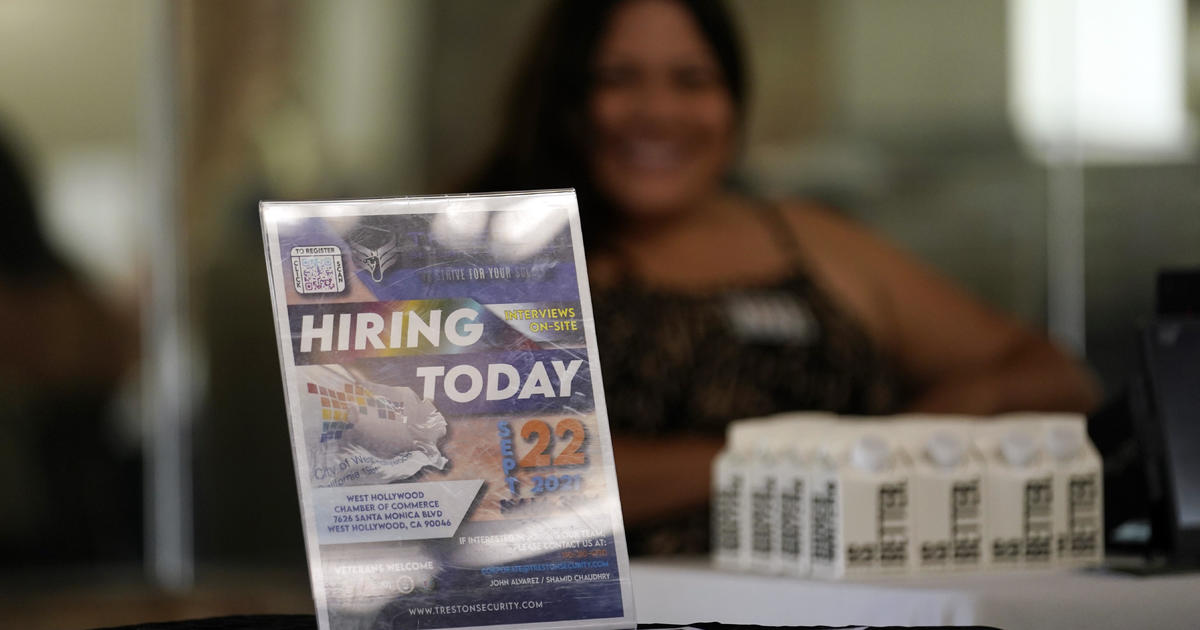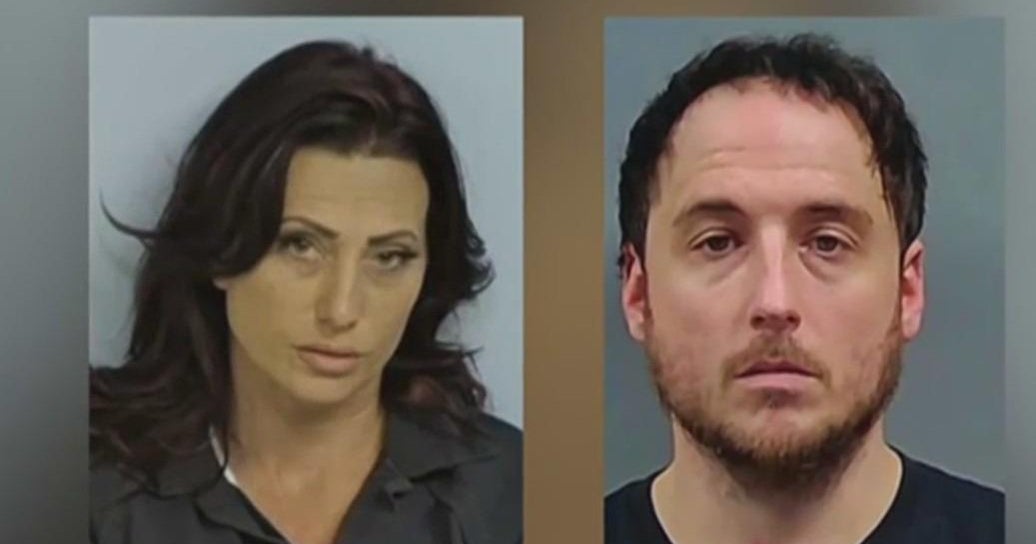State's Primary Blood Bank Now Testing Donations For Zika Virus
Follow CBSMIAMI.COM: Facebook | Twitter
MIAMI (CBSMiami) – On Thursday, when health officials announced strong suspicions that Zika was transmitted locally, there was an immediate call to stop blood donations in Miami-Dade and Broward County until testing was put in place.
By Friday, OneBlood – the main supplier of blood in South Florida – had the test up and running.
"OneBlood implemented system wide testing for the Zika virus effective immediately. So all collections in South Florida and throughout our entire service area are now being tested for the Zika virus," said OneBlood's Susan Forbes. "We have been working on this for almost a year, to begin testing, and we were actually planning on starting testing on Monday anyway."
OneBlood announced that blood collections throughout their service area – which includes Florida, Georgia, Alabama and South Carolina – will be tested for the virus using an investigational donor screening test.
"Those vials of blood will end up at our testing facility in St. Petersburg by the end of that day or that night," Forbes explained. "And then the testing begins."
Forbes added that it is business as usual at their operations and collections continue uninterrupted.
As part of their normal procedure after blood is drawn, it is sent to a lab in St. Petersburg for testing. Up until Friday it was tested for hepatitis, HIV and other diseases. Now Zika is included in the tests.
"Knowing that OneBlood takes the precaution to test blood appropriately I'm not concerned," said Mike McNamara, a frequent donor.
McNamara said hopes concerns of Zika will not scare others away.
"It's a very simple way to help save people's lives, it doesn't take a whole lot of time or commitment, who knows maybe it will save my life in the future," he said.
The FDA requested the halt to blood donations in Miami-Dade and Broward counties after the Florida Department of Health reported that it investigating four possible non-travel related cases of the Zika virus in those two counties.
OneBlood said if testing reveals a unit of blood is reactive for the Zika virus, they will quarantine the unit, notify the donor and alert the Florida Department of Health, the FDA and the Centers for Disease Control.
"Safety of the blood supply is OneBlood's top priority. The additional proactive steps OneBlood implemented earlier this year to protect the local blood supply from the Zika virus remain in effect including enacting additional donor deferral guidelines, updating the donor history questionnaire to include Zika specific questions and issuing educational materials to donors," said OneBlood in a statement.
World that collections would continue was welcome news to area hospitals.
"Administrators at Memorial Healthcare System have been actively monitoring the situation and remain in close contact with OneBlood, the system's sole blood supplier. We do not anticipate any shortage at this time. Operations at our system's six hospitals have not been disrupted by the temporary halt of blood collection in our area," according to a statement from Memorial Healthcare System.
"Jackson Health System will begin using 100 percent Zika-tested blood as soon as the blood banks implement their new protocols. At this point, we have not received any indication from OneBlood that this will reduce the volume of blood we receive and we do not anticipate it will impact operations at our hospitals," according to a statement from Jackson Health System.
Once the blood is deemed "Zika free," the donated blood is cleared to be distributed and gets sent to nearly every hospital in South Florida.
"We are confident the blood supply has remained safe," Forbes said.
Harold Robinson is a lifelong blood donor. He's hoping this new test does its job, keeping the blood supply Zika free for those whose lives depend on it.
"If you can give people who have chemo, cancer, all the different things your blood can help give them a second chance, why not? It doesn't cost anything," he said.
Zika 101: Prevent Spread By Protecting Yourself
This week, the Centers for Disease Control and Prevention (CDC) issued updated recommendations on how to prevent the spread of the virus that has been linked to birth defects. Health experts say it can spread through sexual contact or infected mosquitoes.
The Florida Health Department said Zika prevention kits and repellent are being distributed in the areas where the four possible non-travel cases are located. It also said they are available through local OBGYNs and the Departments of Health in Miami-Dade and Broward County.
According to the Department of Health hotline, the kits are not being distributed yet, because they aren't ready. Once they are, pregnant women in affected zip codes will receive them. They will also appear at doctors offices and the health department.
Click here for more information on the Zika virus or here for more Zika-related stories.



